WASHINGTON – The Kentucky Republican presidential caucus – Copyright 2016, Sen. Rand Paul, All Rights Reserved – is around the corner and, for a change, the commonwealth may play an interesting role in determining the GOP standard-bearer come November.
The delegate selection process arrives just four days after Super Tuesday when 13 states render their choices for the GOP nominee. If, as expected, the current frontrunner, billionaire businessman and well-known loudest guy at the end of the bar Donald Trump performs well on that day, Kentucky could become a firewall for any of the remaining candidates hoping to remain relevant.
Caucuses were held in Kentucky at least once before, in 1984, and, predictably, the system proved to be an unmitigated disaster, at least on the Democratic side. The Republicans that year were already set – President Ronald Reagan was seeking re-election and ran unopposed so it really wasn’t necessary for anyone to show up.
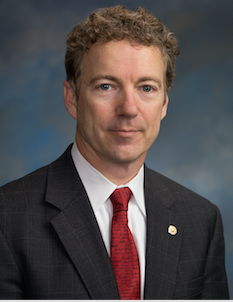
Democrats opted for a caucus instead of a primary in hopes of heading into the party’s convention in San Francisco with a handful of uncommitted delegates, controlled by Gov. Martha Layne Collins, the delegation leader, to influence the ultimate outcome if none of the contenders had accumulated sufficient support to win the nomination on the first ballot.
There was actual consideration at the time that Collins, then the country’s highest ranking female Democrat, might be considered for the vice presidency. Her ability to manipulate the delegate count, it was thought, could work in her favor.
The strategy didn’t work out. Twenty-five of the state’s 53 delegates did indeed pledge uncommitted but by the time the convention rolled around former Vice President Walter Mondale had a sufficient number of pledged delegates to snag the nomination. Collins was interviewed for the second spot on the ticket but it ultimately went to New York Congresswoman Geraldine Ferraro.
As a footnote, Reagan slaughtered Mondale in the general election, winning 49 of the 50 states.
Given the set-up, almost everyone found an excuse to skip the March 31, 1984 Democratic caucus, leaving the decision in the hands of a very few. The Legislative Research Commission, in a report issued in 1989, concluded that the caucuses were “met with dissatisfaction among the voters.” The commonwealth returned to a presidential primary system in 1988 and implemented it every four years thereafter – until now.
Kentucky was prepared to conduct both the Democratic and Republican presidential primaries on May 17 until Rand Paul had this weird, Aqua Buddha-like hallucination that he had the facility to convince millions of Americans that he should be president of these United States. Now, you may not have noticed those millions of voters screaming his name and beseeching him to run. But Rand sure heard it.
There was, however, a tiny problem standing in his way. Under Kentucky law a candidate can’t appear on the state ballot twice in one election. His first term in the Senate was drawing to a close and it appeared he would have to opt to either run for president or a second term in the upper chamber.
Like a wise, old Solomon, Rand decided to split the baby. A presidential caucus would keep his name technically off the ballot, he could continue to seek both offices and the republic would be saved. His presidential campaign offered to front the $250,000 cost of the exercise and the Kentucky Republican Party, albeit reluctantly, agreed on a March 5 caucus.
But, as we all know, there’s many a slip ‘twixt the cup and the lip. Remember the millions who viewed the Little Orphan Annie-haired, blue jeans-wearing lawmaker as the next president of these United States? Eh, not so much. Lacking the necessary funds and, even more importantly, public support, Rand Paul suddenly realized on Feb. 3 that the U.S. Senate was the place for him after all. He didn’t even make it to New Hampshire.
Anyway, Kentucky Republicans are now stuck with this caucus monstrosity that likely will go massively unattended. But the question remains outstanding: Which way will the state swing? The outcome may provide an answer as to who’s holding the high card in the Kentucky Republican Party these days.
Five contenders remain – billionaire businessman Donald Trump, Sen. Marco Rubio, of Florida, Sen. Ted Cruz, of Texas, Ohio Gov. John Kasich and retired neurosurgeon Ben Carson.
Let’s cut to the chase. Kasich isn’t crazy enough for the GOP rightwing and therefore doesn’t stand a chance. Carson is sufficiently crazy – to the nth degree, as a matter of fact – but even those who urged him to run in the first place have arrived at the sad conclusion that the poor man doesn’t have a clue.
It should be quickly noted here that Gov. Matt Bevin indicated last September that Carson would get his vote. He said this while campaigning for Paul. Figure that one out. A precursor to how he’s running the commonwealth.
Neither Paul nor Senate Republican Leader Mitch McConnell, who naturally supported his fellow Kentuckian until he dropped out, have endorsed any of the remaining candidates. But it’s easy to discover who they are not for.
Paul loathes Trump, the loudmouthed and abusive frontrunner who, more than anyone else, forced the Kentuckian out of the race. Appearing on Comedy Central’s The Nightly Show on Jan. 25, he called the billionaire “a delusional narcissist and an orange-faced windbag,’’ proving once again that even a broken clock is right twice a day. It’s even been theorized that Paul dumped his campaign when he did in an effort to halt Trump’s momentum.
Meanwhile McConnell, like the rest of the population, detests Cruz. For a change McConnell’s antipathy is understandable – Tail Gunner Ted appeared on the Senate floor last July and accused the GOP leader of lying about a must-pass transportation bill.
Neither Rand Paul nor Senate Republican Leader Mitch McConnell, who naturally supported his fellow Kentuckian until he dropped out, have endorsed any of the remaining candidates. But it’s easy to discover who they are not for
“What we just saw today was an absolute demonstration that not only what he told every Republican senator, but what he told the press over and over and over again, was a simple lie,” Cruz said. “We know now that when the majority leader looks us in the eyes and makes an explicit commitment, that he is willing to say things that he knows are false. That has consequences for how this body operates.”
McConnell probably wasn’t going to endorse Cruz even before the lying remarks – he’s been a pain in the nether regions since entering the chamber after the 2012 elections. And it should be noted that Cruz has failed to garner the endorsement of even one of his Senate colleagues.
So if Paul and McConnell pool their political resources behind the scenes Rubio would be the obvious beneficiary. Rubio is – somehow – viewed as a moderate in his aggressively non-moderate party even though all of his views are to the right of Ivan the Terrible. They’re all basically on the same page, although Paul and Rubio differ on foreign policy, and the Floridian would seem to be a safe bet.
Except…
It appears that McConnell and Trump have a history. A rather friendly one.
Go back to 2014 when McConnell, seeking re-election to his fifth term in the U.S. Senate, faced a serious challenge from the commonwealth’s Tea Party faction in the GOP primary.
With McConnell looking at a potentially stiff challenge, a super PAC – Kentuckians for Strong Leadership – was formed to raise funds and operate a parallel campaign in McConnell’s behalf.
Donations poured in, as one would expect for a fund supporting a potential Senate majority leader. One of the big contributors was a fellow named Donald J. Trump, who threw $50,000 of his fortune into the kitty. And before that he provided McConnell’s official campaign with a few thousand dollars to add to its bulging coffers.
It’s been reported that the $50,000 represents the largest contribution Trump has made to any Washington office-seeker’s campaign. So, suffice to say, McConnell owes Trump. And if there’s one thing Addison Mitchell McConnell appreciates on God’s green earth, it’s campaign contributions.
McConnell proved victorious, of course and, by the way, the Tea Party candidate challenging McConnell who Trump helped defeat? A fellow named Matt Bevin, now the governor.
Caucuses are notoriously hard to predict. It’s all according to which activists show up to participate in the ungainly process. If McConnell steps out of the way, with a wink, Trump should add to his delegate count. If Paul swings in Rubio’s behalf, the Floridian could get a desperately needed break.
It’s getting close to dice rolling time.
Washington correspondent Bill Straub served 11 years as the Frankfort Bureau chief for The Kentucky Post. He also is the former White House/political correspondent for Scripps Howard News Service. He currently resides in Silver Spring, Maryland, and writes frequently about the federal government and politics. Email him at williamgstraub@gmail.com.











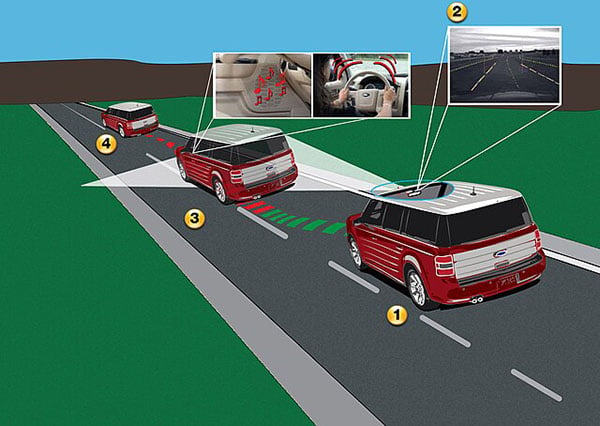
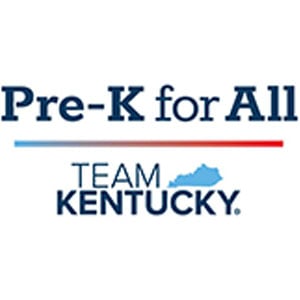
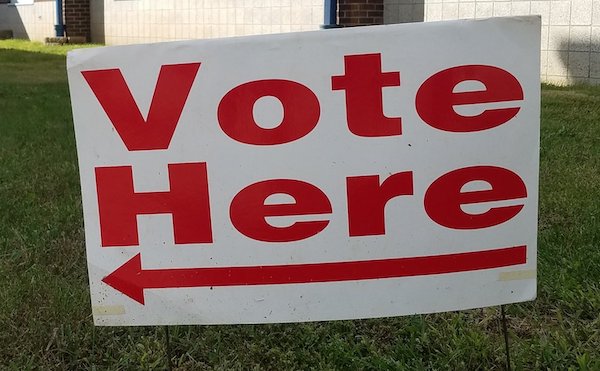







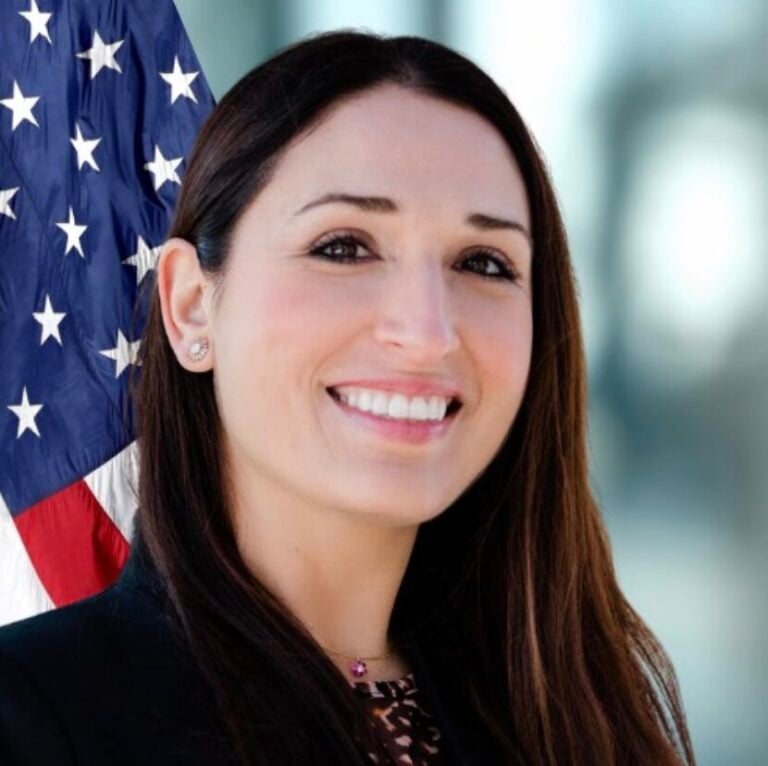

Bill writes “Caucuses are notoriously hard to predict”, but I’m going to take a stab. I have a previous commitment that day and won’t be voting. Yes, I am a registered Republican despite my previous comments. Ninety-five percent of other Republicans won’t be voting either for whatever reason. Enough teapartiers will turn out, the result being that Trump and Cruz will receive 75% of the vote and Kentucky will look just like every other southern state. This evolution will become known as “Rand Paul’s folly” and the Republicans will never do it again.